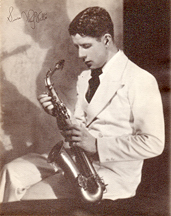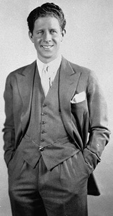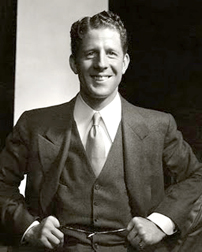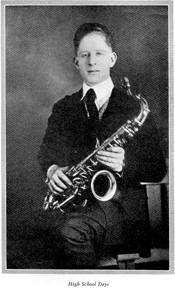In Chapter 21 of his 1930 memoir, Vagabond Dreams Come True, Rudy Vallée reveals how he came to use his signature megaphone while performing and how he felt about “copycat” orchestras that sprung up when Vallée’s Connecticut Yankees hit it big.
Originality
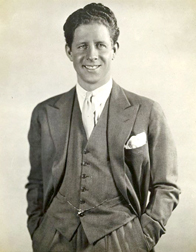 These letters from our very devoted fans who upbraided us for going off the air made me very happy. But the letters I received from those who were confined to sick rooms and who found our music a comfort in their illness, and especially some notes I received from a little blind colony just outside of New York, these made me feel slightly conscience-stricken.
These letters from our very devoted fans who upbraided us for going off the air made me very happy. But the letters I received from those who were confined to sick rooms and who found our music a comfort in their illness, and especially some notes I received from a little blind colony just outside of New York, these made me feel slightly conscience-stricken.
